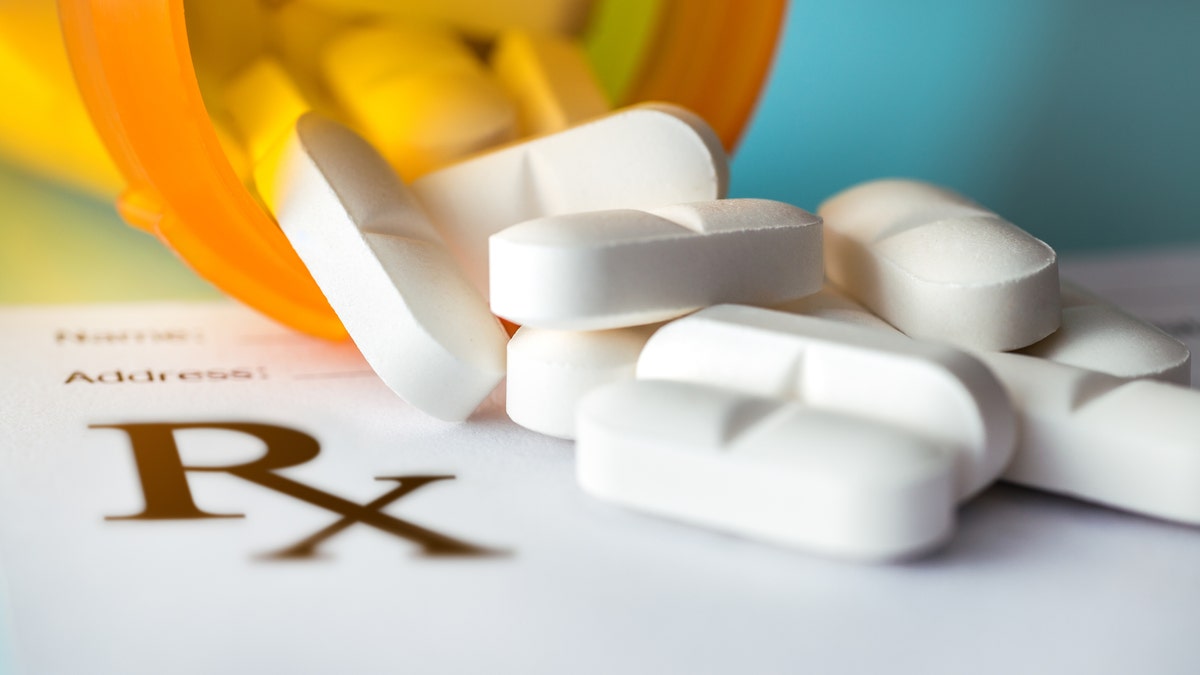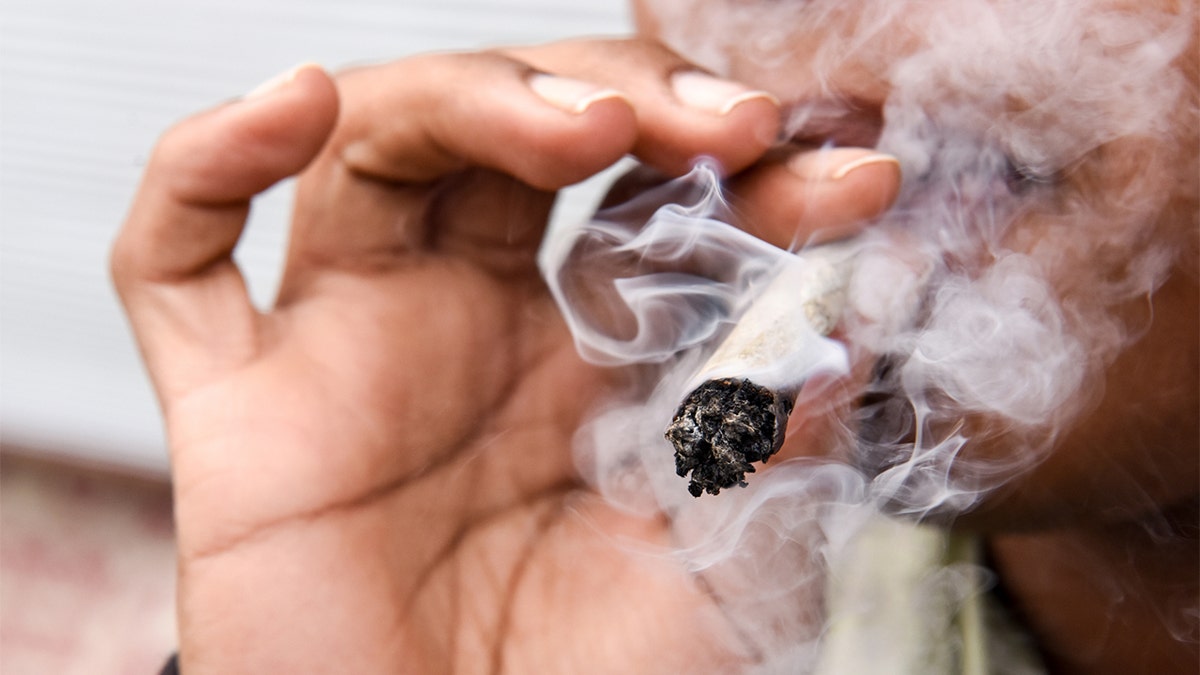Fox News Flash top headlines for March 29
Fox News Flash top headlines are here. Check out what's clicking on Foxnews.com.
A study led by the National Institute on Drug Abuse (NIDA) claims that adolescents (ages 12-17) are more likely to develop a substance abuse disorder after trying marijuana or misusing prescription drugs.
"Research has shown that brain development continues into a person’s 20s, and that age of drug initiation is a very important risk factor for developing addiction," said Emily B. Einstein, Ph.D., chief of NIDA’s Science Policy Branch and a co-author of the study. "This underscores the importance of drug use prevention and screening for substance use or misuse among adolescents and young adults. Offering timely treatment and support to young people who need it must be a public health priority."
The study reports within 12 months since first cannabis use, 10.7% of adolescents had cannabis use disorder; within 12 months since first misuse of prescription drugs: 11.2% of adolescents had prescription opioid use disorder, 13.9% of adolescents had prescription stimulant use disorder, 11.2% of adolescents had prescription tranquilizer use disorder.

(iStock)
"We know that young people are more vulnerable to developing substance use disorders, but knowledge is limited on how the prevalence of specific substance use disorders varies by time since first substance use or misuse among adolescents and young adults in the United States," said Dr. Nora Volkow, M.D., NIDA Director and a lead author of the analysis. "Though not everyone who uses a drug will develop addiction, adolescents may develop addiction to substances faster than young adults. This study provides further evidence that delaying substance exposure until the brain is more fully developed may lower risk for developing a substance use disorder."
The study comes as New York is poised to join a growing number of states that have legalized marijuana after state lawmakers reached a deal to allow sales of the drug for recreational use.

The agreement reached Saturday would expand the state’s existing medical marijuana program and set up a licensing and taxation system for recreational sales. Lawmakers are expected to vote on the bill Tuesday, the earliest they could consider it. Legislative leaders hope to vote on the budget Wednesday to meet the deadline of having a budget in place by April 1.
At least 14 other states already allow residents to buy marijuana for recreational and not just medical use.
The legislation has run into opposition from law enforcement, school and community advocates, who warn legalization would further strain a health care system already overwhelmed by the coronavirus pandemic and send mixed messages to young people.
"We are in the midst of the COVID-19 pandemic, and with the serious crisis of youth vaping and the continuing opioid epidemic, this harmful legislation is counterintuitive," said an open letter signed by the Medical Society of the State of NY, New York State Parent Teacher Association, New York Sheriff’s Association and several other organizations March 11.
The Associated Press contributed to this report.










































